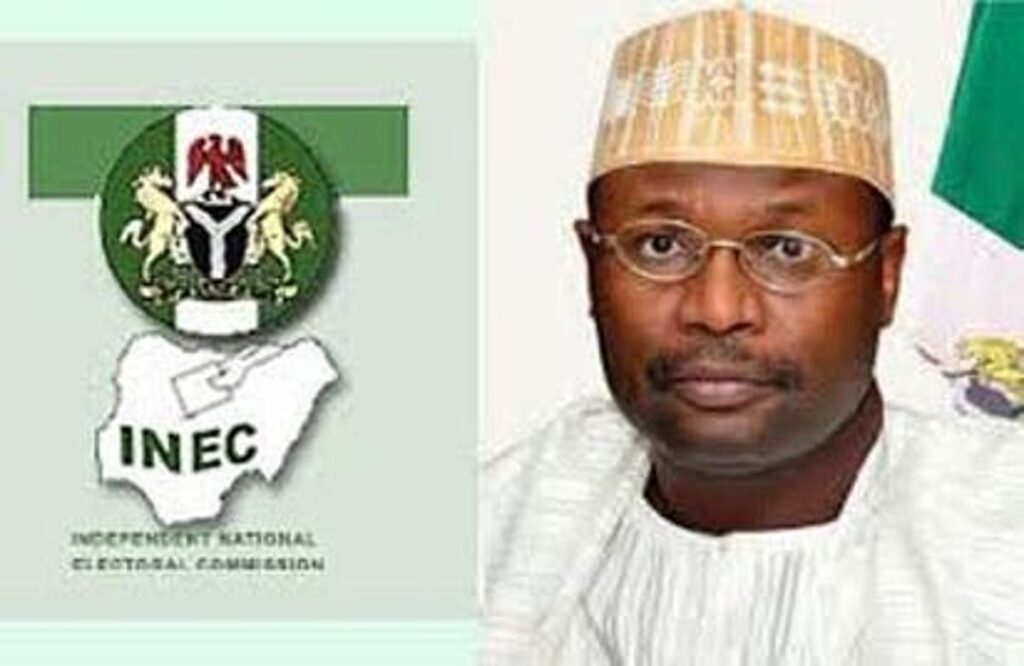Additional polling units most of which were formerly being used as voting points have been created by the Independent National Electoral Commission (INEC).
This was disclosed on Wednesday by the INEC chairman, Mahmood Yakubu in Abuja.
Yakubu said the commission converted a total of 56,872 voting points and voting point settlements into polling units.
With this, Nigeria now has a total of 176,846 polling units.
The move comes as part of preparations for the 2023 general elections which is less than two years away.
Yakubu said the location and number of polling units in the country has been a source of concern for the commission as it hopes to improve voter participation in elections.
“Before 2010, the commission operated on a round figure of approximately 120,000 polling units. However, a census undertaken by the Commission before the 2011 general election arrived at the precise figure of 119,973 polling units,” he said.
“Following several unsuccessful attempts to create additional polling units despite the obvious pressure from the increased number of registered voters, the commission established voting points and voting point settlements across the states and the federal capital territory (FCT) as a pragmatic response to necessity.
“The voting points were tied to the existing polling units and voting point settlements. The number of registered voters in a polling unit and the voting point settlement in the FCT, was used to determine their voting points, based on the upper and lower thresholds of 500 and 750 voters respectively.
“These were also the limits used for the 2019 general election. The number of new polling units in a state is the number of voting points aggregated from those polling units having voting points.”
He said with that and other necessary adjustments, the actual number of approved polling units came to 119,974, with the 56,872 voting points across the country also converted to polling units.
